
In 1989, from East Berlin to Budapest and Bucharest to Moscow, communism was falling. The walls were coming down and the world was being changed in ways that seemed entirely new. The conflict of ideas and ideals that began with the French Revolution of 1789 culminated in these revolutions, which raised the prospects of the "return to Europe" of East and Central European nations, the "restarting of their history," even, for some, the "end of history." What such assertions and aspirations meant, and what the larger events that inspired them mean-not just for the world of history and politics, but for our very understanding of that world-are the questions Krishan Kumar explores in 1989.
A well-known and widely respected scholar, Kumar places these revolutions of 1989 in the broadest framework of political and social thought, helping us see how certain ideas, traditions, and ideological developments influenced or accompanied these movements-and how they might continue to play out. Asking questions about some of the central dilemmas facing modern society in the new century, Kumar offers critical insight into how these questions might be answered and how political, social, and historical ideas and ideals can shape our destiny.
Contradictions Series, volume 12
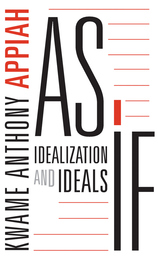
“Appiah is a writer and thinker of remarkable range… [He] has packed into this short book an impressive amount of original reflection… A rich and illuminating book.”
—Thomas Nagel, New York Review of Books
Idealization is a fundamental feature of human thought. We build simplified models to make sense of the world, and life is a constant adjustment between the models we make and the realities we encounter. Our beliefs, desires, and sense of justice are bound up with these ideals, and we proceed “as if” our representations were true, while knowing they are not. In this elegant and original meditation, Kwame Anthony Appiah suggests that this instinct to idealize is not dangerous or distracting so much as it is necessary. As If explores how strategic untruth plays a critical role in far-flung areas of inquiry: decision theory, psychology, natural science, and political philosophy. A polymath who writes with mainstream clarity, Appiah defends the centrality of the imagination not just in the arts but in science, morality, and everyday life.
“Appiah is the rare public intellectual who is also a first-rate analytic philosopher, and the characteristic virtues associated with each of these identities are very much in evidence throughout the book.”
—Thomas Kelly, Notre Dame Philosophical Reviews
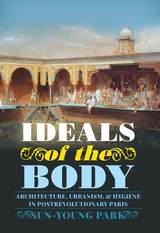
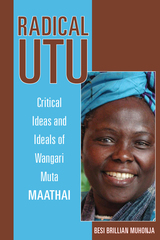
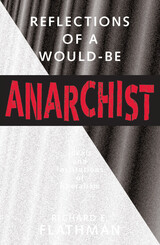
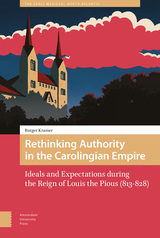
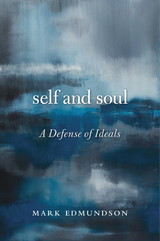
An ARTery Best Book of the Year
An Art of Manliness Best Book of the Year
In a culture that has become progressively more skeptical and materialistic, the desires of the individual self stand supreme, Mark Edmundson says. We spare little thought for the great ideals that once gave life meaning and worth. Self and Soul is an impassioned effort to defend the values of the Soul.
“An impassioned critique of Western society, a relentless assault on contemporary complacency, shallowness, competitiveness and self-regard…Throughout Self and Soul, Edmundson writes with a Thoreau-like incisiveness and fervor…[A] powerful, heartfelt book.”
—Michael Dirda, Washington Post
“[Edmundson’s] bold and ambitious new book is partly a demonstration of what a ‘real education’ in the humanities, inspired by the goal of ‘human transformation’ and devoted to taking writers seriously, might look like…[It] quietly sets out to challenge many educational pieties, most of the assumptions of recent literary studies—and his own chosen lifestyle.”
—Mathew Reisz, Times Higher Education
“Edmundson delivers a welcome championing of humanistic ways of thinking and living.”
—Kirkus Reviews
READERS
Browse our collection.
PUBLISHERS
See BiblioVault's publisher services.
STUDENT SERVICES
Files for college accessibility offices.
UChicago Accessibility Resources
home | accessibility | search | about | contact us
BiblioVault ® 2001 - 2024
The University of Chicago Press









